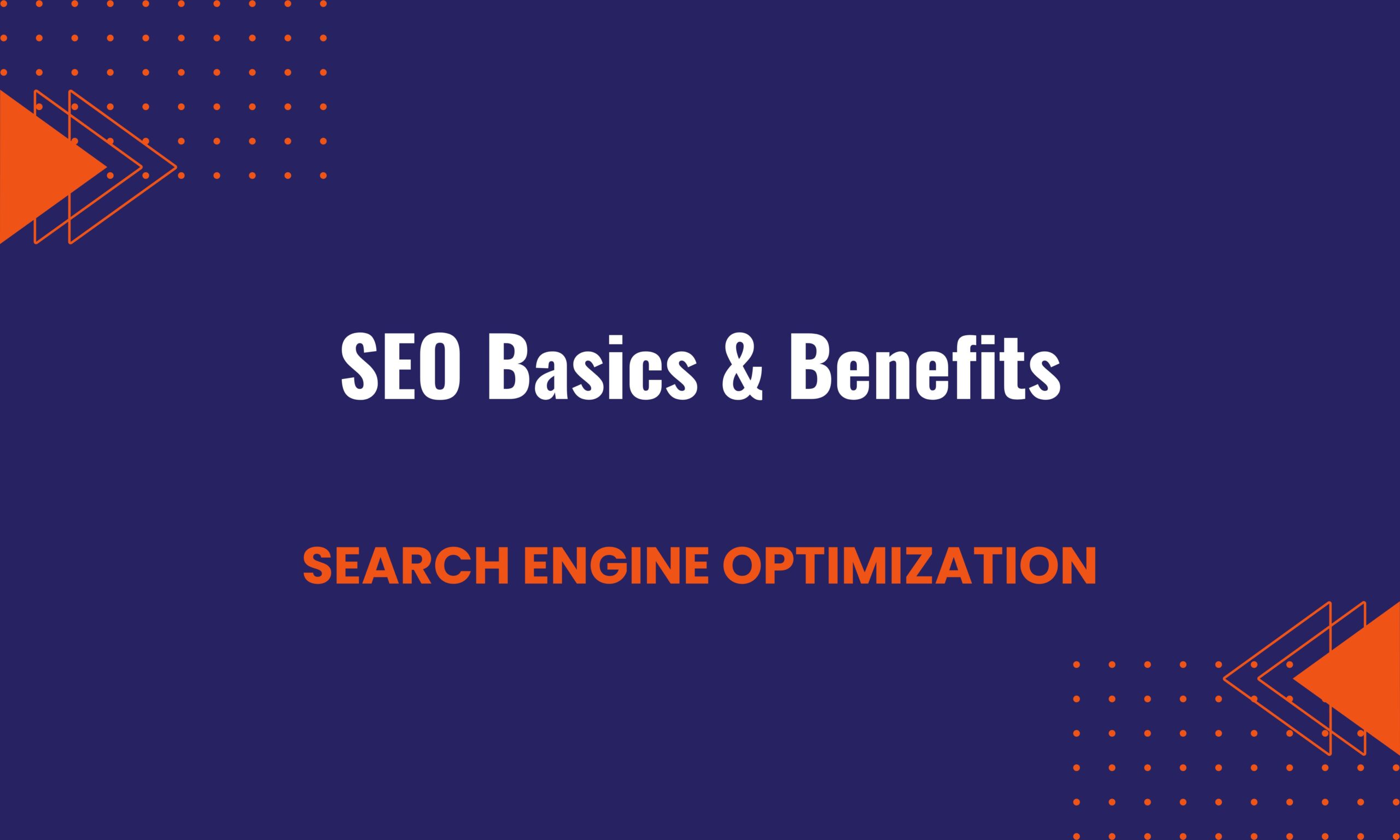SEO stands for search engine optimization, which is the process of making a website more visible and highly rated in search engine results pages (SERPs).
To improve a website’s visibility and authority on Google and other search engine results pages, it uses a variety of strategies, including link building, creating content, and keyword optimization.
By improving their website SEO, businesses can boost their online visibility higher, attracting more organic visitors and ultimately increasing revenue and conversion.
Companies need to implement effective SEO strategies in the fiercely competitive digital environment if they want to succeed online.
What is SEO?
The process of producing and refining authoritative, pertinent information to make it easier for users (and search engine crawlers) to locate the answers to their main queries is known as search engine optimization or SEO.
Any website’s increased volume of high-quality, pertinent, and authoritative material is the aim of SEO efforts.
The goal of SEO is to improve the quality of your content on a specific webpage so that search engines will choose to display it in search results.
Make improvements and add content to your website to increase the amount of daily visitors that search engines send it.
How Does SEO Work?
Computer programs known as search engine algorithms search for clues to provide users with the precise results they want.
To identify online sites and determine which ones to rank for a particular phrase, search engines rely on algorithms.
The three phases of search engine function are crawling, indexing, and ranking.
Step 1: Search Engine Crawling
Crawling is the initial stage. Search engines send out web crawlers to discover new pages and gather data about them.
These web crawlers are sometimes referred to as “robots,” “spiders,” or “Googlebots.”
Their goals are to find new websites that are available and to periodically check previously viewed pages to determine if the information has changed or been updated.
Step 2: Search Engine Indexing
Indexing is the second phase. A search engine uses indexing to determine whether or not to use the stuff it has crawled.
A web page that has been crawled and found to be worthwhile by a search engine will be added to its index.
At the ultimate ranking stage, this index is applied. After being indexed, a web page or other piece of stuff is filed and kept in a database from which it can be retrieved at a later time.
The majority of websites that provide unique and worthwhile information are added to the index.
Step 3: Search Engine Ranking
The most crucial stage is the third one, ranking. Ranking is only possible after the completion of the crawling and indexing procedures.
Consequently, after crawling and indexing your website, a search engine could give a ranking to it.
Search engines use over 200 ranking signals to organize and classify material, and these signals fall under three main SEO pillars: technical, on-page, and off-page optimization.
Benefits of Using SEO
Here are some of the SEO benefits mentioned below:-
You Can Generate Quality Leads with SEO
Creating high-quality leads and increasing conversion are two major benefits of SEO when compared to any other marketing method your company can use.
Furthermore, a carefully planned and personalized SEO strategy will expand your client base, lead generation, revenue, and sales, enhance brand recognition, and facilitate communication with your intended audience.
SEO Increases PPC Gains
Investing in the development of a strong PPC and SEO plan results in a campaign that is well-coordinated and has a good chance of winning the ranking war.
Paid search results, or PPC ads, show up directly next to pertinent queries returned by organic searches.
Cost-Effective
When compared to other forms of digital marketing, SEO is a reasonably priced strategy. Although it could call for some time and effort to see benefits, SEO is a wise investment for any organization.
Furthermore, even after you stop actively optimizing, SEO may continue to generate leads for your business and bring traffic to your website, unlike paid advertising.
Conclusion
The process of making websites more visible and highly ranked on search engine results pages (SERPs) is known as search engine optimization or SEO.
Optimizing different components such as keywords, meta tags, and backlinks contributes to SEO’s ability to enhance natural traffic to websites.
Improved user experience, more website traffic, improved online exposure, and higher conversion rates are some of its advantages.
SEO is critical for companies to build a solid online presence and maintain their competitiveness in the digital market.

